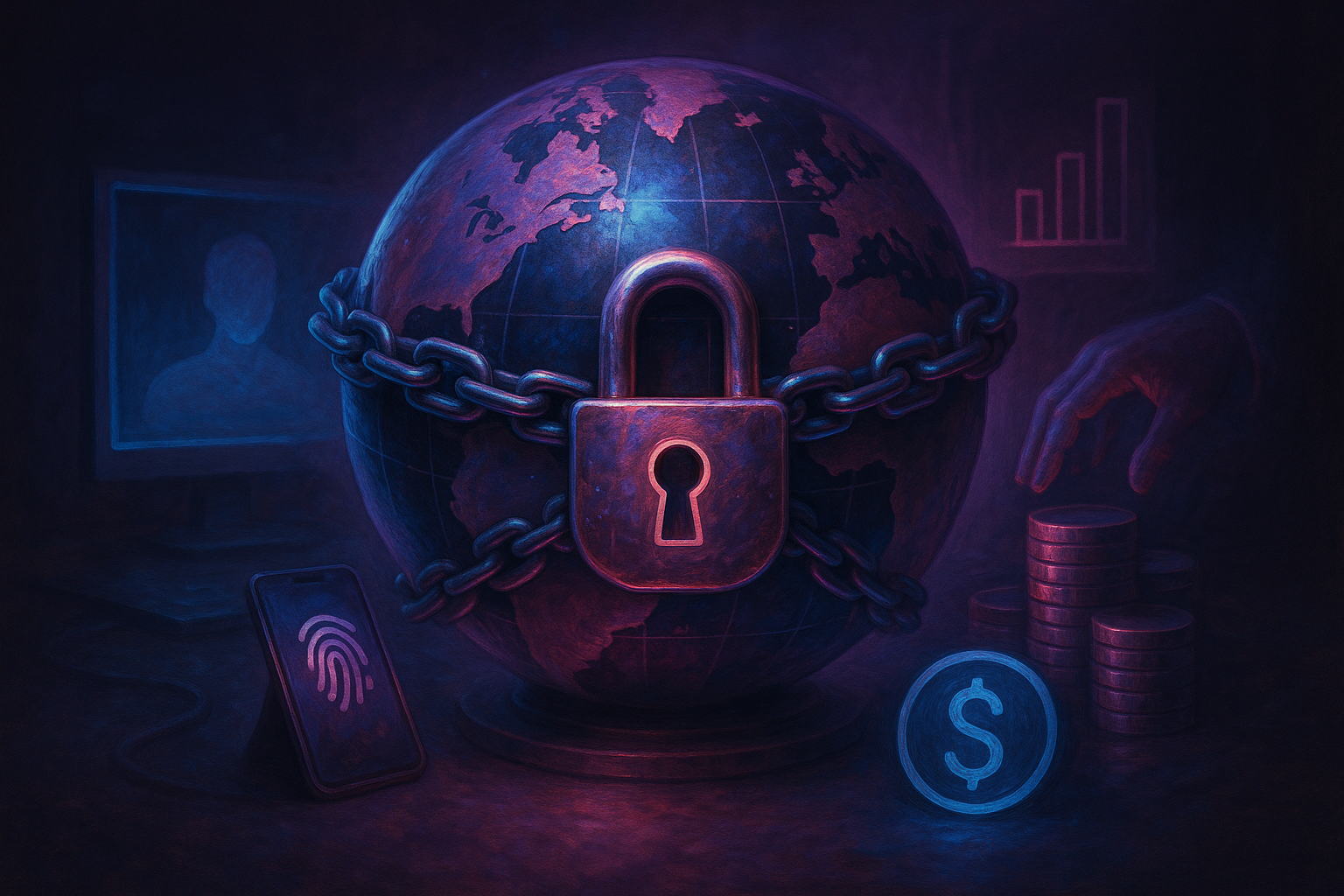1. Introduction
In today's world, the legal profession faces the challenge of leveraging cutting-edge technologies to increase efficiency and enhance service delivery. GPT Chat (Global Professional Translator) is a technology that has emerged as one of the most promising solutions for providing legal professionals with an effective and efficient way to consistently increase their daily productivity.
This article will explore the advantages and disadvantages of using Chat GPT in the legal profession and discuss how it can help unlock the potential of the legal profession.

2. What is GPT Chat?
According to Chat GPT itself, it consists of a language model trained by OpenAI, designed to answer questions and perform conversational tasks. It is based on the GPT-4 (Generative Pretrained Transformer 4) architecture and is one of the most advanced natural language processing technologies currently available.
There are different versions of ChatGPT, each with its own capabilities and specializations. The most recent and advanced version is GPT-4, which was trained on massive amounts of text from the internet and has the ability to perform a wide variety of tasks, from answering simple questions to generating complete, coherent texts.
Other versions include GPT-2, GPT-3, and GPT-3.5, which was released before GPT-4 and has less language processing capabilities, and GPT, which is the original version of the model and is considered less advanced than its successors.
ChatGPT is used in conversational applications, including chatbots and virtual assistants, and is considered one of the most important technologies in the field of artificial intelligence. Furthermore, by leveraging SEO to optimize search results, the technology has the potential to improve the efficiency and quality of human-computer interaction.
This is a cutting-edge Artificial Intelligence (AI) tool with the potential to revolutionize the legal profession. It was designed to apply pattern recognition and natural language processing technologies that can be used to automate legal analysis and streamline legal workflows.
At a basic level, Chat GPT works by analyzing data and text and making predictions based on the patterns it identifies. This means it can understand the meaning of legal texts and documents more accurately and quickly than human lawyers. This dramatically improves the efficiency of legal practices, allowing lawyers to focus on critical decision-making tasks rather than mundane document review.
Chat GPT not only recognizes patterns in legal documents but can also produce human-readable reports and advice. This means Chat GPT can assist lawyers in drafting legal documents, ensuring they comply with the latest legal regulations and standards. Additionally, Chat GPT can assist with document classification, finding the most relevant legal precedents, and quickly summarizing complex legal documents and texts.
Chat GPT can also be used to streamline the legal research process. By quickly scanning legal databases and searching for relevant documents, it can drastically reduce the time required to conduct legal research. This can be particularly useful for lawyers who need to stay up to date with rapidly changing legal regulations.
Finally, GPT Chat makes it easier for lawyers to access their clients' legal needs by generating personalized records and advice. This means lawyers can provide more timely and accurate legal advice to their clients and also provide better legal representation in court.
Overall, GPT Chat has the potential to revolutionize the legal profession by reducing the time required to conduct legal analysis and research and improving the quality of legal advice provided to clients. As such, it is an invaluable tool for lawyers seeking to increase their efficiency and effectiveness.
Curious about the tool? Sign up using the link below and start using it for free:
Explaining GPT Chat Versions (openai.com)
3. Benefits of using GPT Chat in the legal profession
The use of GPT Chat (General Purpose Technology) will become increasingly common in the legal profession in the coming years, making legal processes more efficient and user-friendly. For example, GPT Chat can facilitate legal document drafting, legal research, and document management, automate legal document approvals, and provide tools to assist in conducting legal negotiations. GPT Chat streamlines the process of gathering, synthesizing, and summarizing legal information, enabling lawyers to answer client questions quickly and accurately and make informed decisions.
The benefits of Chat GPT in the legal profession are numerous. One of the main benefits is that it allows lawyers to collect and analyze large amounts of legal data quickly and accurately. This data can be used to support arguments in court, generate cost-effective legal advice, or prepare for trial. Additionally, Chat GPT can be used to streamline existing processes and make it easier for lawyers to handle multiple cases simultaneously. This can improve productivity and efficiency, as well as reduce the overhead costs associated with legal proceedings.
GPT Chat can benefit the legal profession in several ways, including providing a platform where data can be securely and easily shared between lawyers and clients. This platform can help eliminate the need for lawyers to spend time and money on manual data transfers and collaborations. Additionally, GPT Chat can help lawyers identify and track legal documents, reducing the risk of losing or misfiling vital legal documents.
Finally, many legal professionals find that Chat GPT offers an intuitive and user-friendly interface, making it easier and faster to use. This can be beneficial for clients, as it eliminates the need for tedious paperwork and simplifies access to legal advice quickly and conveniently.
In conclusion, GPT Chat has the potential to revolutionize the legal profession in several ways, making it faster, easier, and more efficient for legal professionals to serve their clients. By streamlining existing legal processes, reducing overhead costs, and providing a secure platform for data sharing, GPT Chat can create a more user-friendly and cost-effective legal experience.

4. Disadvantages of using GPT Chat in the legal profession
Chat GPT (Guided Path Technologies) is becoming increasingly popular in the legal profession due to its rapid and efficient deployment of matter-based advice. Its user-friendly interface allows lawyers to quickly access dynamic decision-making processes, provide advice directly to clients, and quickly assess risk and compliance. However, there are several drawbacks to using Chat GPT in the legal profession.
First, Chat GPT technology may not be able to accommodate all legal scenarios. For example, there is the potential for oversimplification in using Chat GPT, as only a few factual scenarios can be addressed, and situations that may require more nuanced responses would be difficult to address. Furthermore, Chat GPT relies heavily on data and algorithms, meaning errors are likely to occur if the dataset is inaccurate. Therefore, attorneys should take extra care to review the data and algorithms before relying on advice provided by Chat GPT.
Second, there's the potential for bias in the advice provided by Chat GPT. Algorithms are based on data sets and, as such, are prone to bias. Attorneys need to be aware of the potential for bias and strive to ensure their advice is fair and balanced, not influenced by any existing bias.
Finally, GPT Chat may not always be the best option for client advice. Clients may require a more personalized approach and a more thorough task analysis and risk assessment. Therefore, lawyers should evaluate each client's individual needs before deciding to use GPT Chat and consider whether the advice provided by the technology is truly comprehensive.
In conclusion, Chat GPT should be used with caution in the legal profession. While it provides fast and efficient deployment of matter-appropriate advice, there are potential drawbacks to using this technology, such as oversimplification, potential for bias, and lack of personalization. Therefore, it is important that lawyers assess their clients' individual needs before relying on Chat GPT and exercise caution when using this technology.
5. Assistance in other fields of knowledge
ChatGPT can be a valuable tool for lawyers in various fields, such as sales, marketing, and advertising, due to its ability to generate content quickly and accurately. Here are some ways ChatGPT can be used to help lawyers in these fields:
- Sales: ChatGPT can be used to generate sales proposals and answers to common customer questions.
- Marketing: ChatGPT can be used to create marketing content, such as ads and blog posts, to help attract new customers.
- Advertising: ChatGPT can be used to create advertisements and social media content to help promote your law-related courses or content.
- Customer Support: ChatGPT can be used to quickly answer client questions and provide information about legal services.
Remember to carefully review the responses generated by ChatGPT before using them in real-world situations, as the technology still needs to be refined. Additionally, it's important to consider ethical and privacy concerns when using this technology.
6. Command Suggestions (Prompts)
As a legal professional, you can use different prompts in ChatGPT to increase your productivity and maximize your efficiency. First, ask ChatGPT to act like a lawyer or an expert in a specific field (e.g., "I want you to act like an environmental lawyer"). Then, enter the following commands:
- Generation of legal opinions: Provide details about your case and ask ChatGPT to provide a legal analysis and recommendation.
- Petition writing: Provide information about the case and ask ChatGPT to draft an appropriate petition or appeal.
- Precedent research: Provide information about the case and ask ChatGPT to perform a search for relevant precedents.
- Calculation of compensation: Provide information about your case and ask ChatGPT to calculate the amount of compensation you're owed.
- Preparation of legal arguments: Provide information about the case and ask ChatGPT to prepare effective legal arguments.
Remember to provide ChatGPT with all relevant information and carefully review your responses before using them in a real-world situation. The technology is advanced, but it's still important to rely on the expertise and knowledge of a lawyer to ensure your responses are accurate and appropriate to the context.
7. Conclusion
In conclusion, the potential of Chat GPT technology in the legal profession is immense. In addition to providing accuracy and efficiency for legal teams, it also reduces manual work and streamlines the legal advisory process. Chat GPT solutions have the ability to substantially increase the efficiency of the legal profession by automating tedious and repetitive tasks, reducing the time and effort required to complete complex legal tasks.
Furthermore, the use of this technology helps reduce the workload of already busy legal teams while maintaining the accuracy and high quality of advice. Ultimately, this leads to more satisfied clients and more efficient legal services. With the rapid advancement of GPT Chat and other technological solutions, the legal field will certainly benefit immensely in the coming years. Professionals must remember that this is a tool, and as such, it makes mistakes and must always be under constant surveillance, care, and review.


